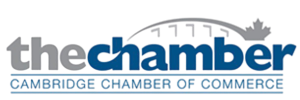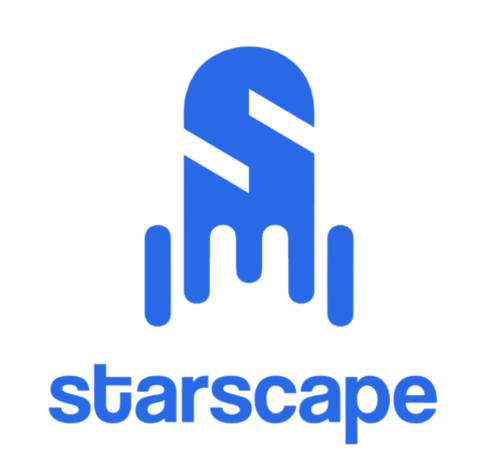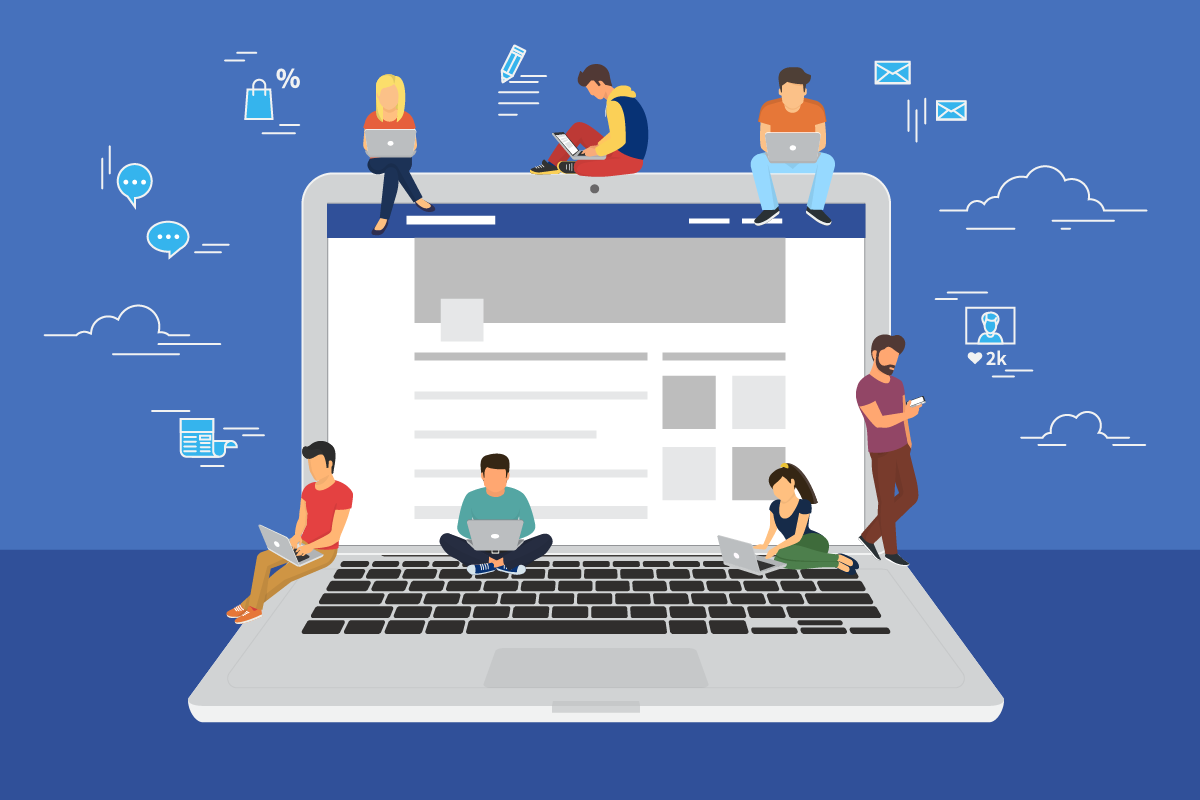Hi, Dave Fox here from Starscape SEO, a business that focuses on building high-quality websites for clients across a variety of fields. Hiring the right web designer is crucial to ensuring your website looks professional, functions effectively, and aligns with your business goals.
Whether you’re revamping an outdated site or starting from scratch, selecting a skilled designer can make the difference between a memorable user experience and a frustrating one.

Call or Text Starscape SEO: (519) 208-8680

Here are key factors to consider when hiring a web designer:
Portfolio and Experience
A designer’s portfolio is your first insight into their style, creativity, and capabilities.
Review their past work to see if they’ve designed websites that align with your industry or aesthetic preferences. Pay attention to the variety and complexity of their projects. Look for:
- Websites similar in style or functionality to what you envision.
- Experience working with businesses in your industry or niche.
- Responsive design examples (sites that look great on both desktop and mobile).
A diverse and extensive portfolio often reflects a designer’s ability to tackle different types of projects, making them more adaptable to your specific needs.
Technical Skills and Platforms
A competent web designer should be familiar with various web technologies and platforms.
Depending on your project’s requirements, ensure they have experience with:
- Content Management Systems (CMS): Platforms like WordPress, Squarespace, or Joomla if you need a CMS for easy updates.
- E-commerce Platforms: Shopify, WooCommerce, or Magento if you’re building an online store.
- Basic Coding: While many modern design tools minimize the need for coding, knowledge of HTML, CSS, and JavaScript is essential for custom designs and troubleshooting.
Understanding what technologies a designer can work with will help determine if they are the right fit for your project’s technical demands.
Design Process and Communication
A good web designer follows a structured design process and communicates effectively.
They should:
- Gather Requirements Thoroughly: A designer who asks about your business goals, target audience, and branding before starting is one who will create a site tailored to your needs.
- Provide Regular Updates: Look for someone who maintains clear and consistent communication throughout the project, offering feedback, updates, and timelines.
- Collaborate Actively: They should be open to your ideas and feedback while offering their expertise to guide you toward the best design solutions.
Clear communication and a collaborative approach are key to a smooth design process and ensure the final product matches your vision.
Understanding of UX/UI Principles
Good web design is not just about aesthetics; it’s also about functionality.
A designer with a solid grasp of user experience (UX) and user interface (UI) design will create a site that is easy to navigate, engaging, and optimized for conversions.
Ask how they approach:
- User Experience: Ensuring the site is intuitive, accessible, and meets the needs of your target audience.
- User Interface: Creating a visually appealing layout with clear navigation, attractive visuals, and functional elements like buttons and forms.
A focus on UX/UI ensures that your site isn’t just beautiful but also functional and user-friendly.
SEO Knowledge
While not all web designers are SEO experts, having a basic understanding of search engine optimization is important.
A well-designed site should be structured in a way that is friendly to search engines. Look for someone who:
- Understands the importance of fast loading speeds, clean code, and mobile responsiveness.
- Knows how to structure a website for easy indexing by search engines.
- Can implement on-page SEO basics like proper title tags, meta descriptions, and alt texts.
This will ensure that your site has a solid foundation for further SEO improvements down the line.
Pricing and Deliverables
Web design pricing can vary greatly based on the scope, experience, and location of the designer. Be sure to:
- Request a Detailed Quote: Ensure that the designer provides a clear breakdown of the costs involved, including design, revisions, and potential additional features like hosting, plugins, or content creation.
- Clarify Deliverables: Discuss what’s included in the project—will they provide wireframes, high-fidelity mockups, content uploads, or ongoing support?
- Compare Pricing: Cheaper isn’t always better. A low-cost designer might lack the experience or attention to detail required for your project. Balancing your budget with quality is key.
Post-Launch Support and Maintenance
Websites require ongoing updates and maintenance to stay secure and relevant. Ask potential designers if they offer:
- Training: Will they teach you or your team how to manage the website after launch?
- Ongoing Maintenance: Will they provide continued support for updates, troubleshooting, and security patches?
- Flexibility: Can they accommodate future site expansions or changes?
Post-launch support can save you from technical headaches and ensure your site remains functional long after it goes live.
Client Reviews and Testimonials
Before committing to a web designer, check their client reviews and testimonials. Look for feedback that highlights:
- Timeliness and Professionalism: Were they responsive and able to meet deadlines?
- Quality of Work: Did the final product meet the client’s expectations?
- Problem-Solving Skills: How did they handle challenges or feedback during the project?
Positive testimonials can give you confidence in their ability to deliver a successful project.
Conclusion

Hiring a web designer is an investment in your business’s online presence.
By carefully reviewing portfolios, assessing technical skills, ensuring effective communication, and considering long-term support, you can choose a designer who will create a site that not only looks great but also performs well for your business goals.
Take the time to find a partner who aligns with your vision, and your website will become a powerful tool for success.

